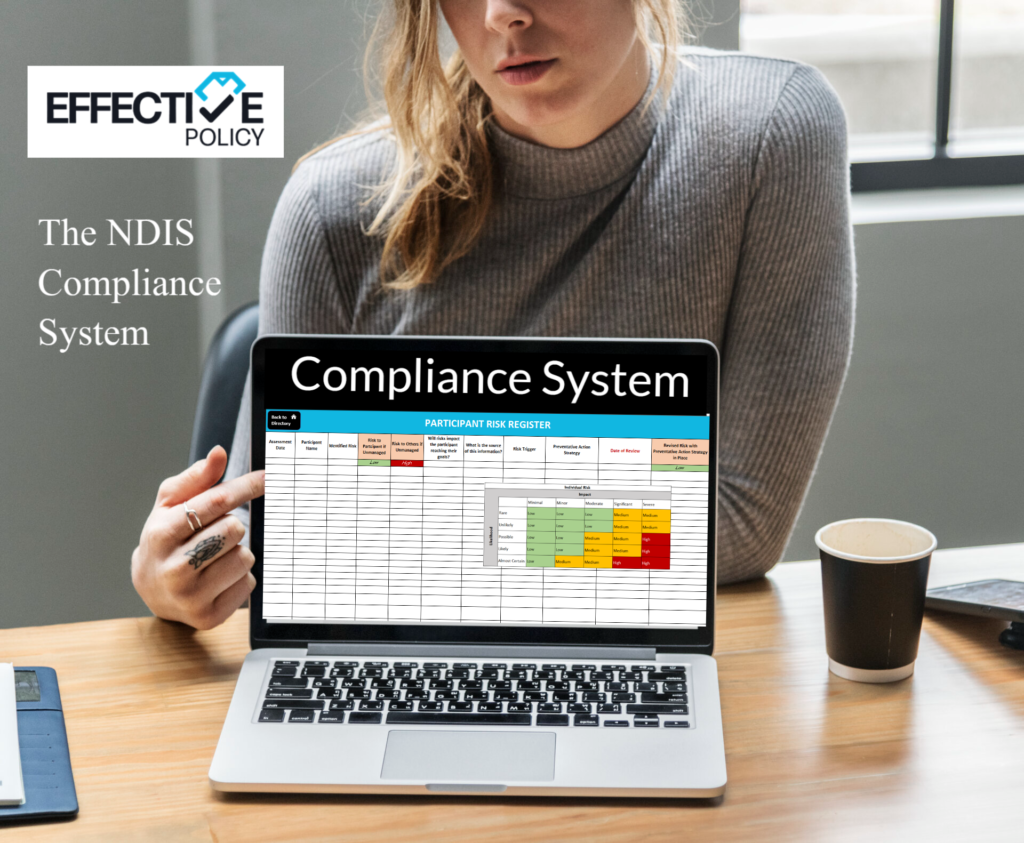
As Australia’s National Disability Insurance Scheme (NDIS) continues to evolve, it brings with it a promise of better support and greater independence for individuals with disabilities. However, for the providers who deliver these crucial services, navigating the NDIS landscape is not without its challenges. This blog post will explore some of the common obstacles faced by NDIS providers and offer insights into how they can be addressed.
Administrative Burdens
The Challenge: One of the most significant challenges for NDIS providers is the administrative workload. The scheme requires meticulous documentation and regular reporting, ensuring compliance and accountability. This can be particularly taxing for smaller providers needing more dedicated administrative staff.
Solution: Investing in robust software solutions tailored for NDIS compliance can streamline administrative tasks. Training staff to efficiently manage documentation and reporting processes can alleviate some burdens.
Navigating Regulatory Requirements
The Challenge: The NDIS operates under a complex framework of regulations and guidelines that providers must adhere to. Keeping up with these ever-changing requirements can be daunting and time-consuming.
Solution: Regular training and updates are crucial. Providers can subscribe to NDIS newsletters, attend relevant workshops, and engage with industry bodies to stay informed about regulatory changes. Hiring or consulting with compliance experts can also ensure requirements are met.
Funding and Financial Management
The Challenge: Managing finances under the NDIS model can be complex. Providers must balance the costs of delivering high-quality services with the funding they receive, which may not always cover all expenses.
Solution: Developing a comprehensive financial management plan is essential. This includes budgeting, forecasting, and regularly reviewing financial performance. Providers should also explore additional funding opportunities and grants to supplement NDIS funding.
Workforce Challenges
The Challenge: Recruiting and retaining skilled staff is a persistent issue in the disability sector. The demand for qualified support workers often exceeds supply, leading to staffing shortages and increased workload for existing employees.
Solution: Investing in staff induction and training development and creating a positive workplace culture can enhance employee satisfaction and retention. Competitive salaries, benefits, and professional growth opportunities can attract more qualified candidates.
Delivering Person-centred Care
The Challenge: The NDIS emphasizes person-centred care, requiring providers to tailor services to participants’ needs and preferences. Achieving this can be challenging, especially with diverse and complex needs.
Solution: Providers should foster strong relationships with participants and their families to understand their needs better. Regular feedback and collaboration with participants can ensure that services are aligned with their goals and preferences. Continuous training for staff on person-centred approaches is also vital.
Technological Adaptation
The Challenge: Keeping up with technological advancements and integrating them into service delivery can be challenging, particularly for less tech-savvy providers.
Solution: Providers should prioritize digital literacy within their organizations. Investing in technology that enhances service delivery, such as telehealth platforms and digital management systems, can improve efficiency and outcomes. Training staff to effectively use these technologies is equally important.
Communication and Coordination
The Challenge: Effective communication and coordination among all stakeholders, including participants, families, support workers, and other healthcare providers, are crucial but difficult to manage.
Solution: Implementing clear communication protocols and using digital tools for coordination can enhance collaboration. Regular meetings and updates ensure everyone is on the same page and working towards common goals.
Conclusion
While the NDIS presents numerous opportunities for improving the lives of individuals with disabilities, it also poses significant challenges for providers. By addressing these challenges head-on through strategic planning, investment in technology, and continuous staff development, providers can navigate and thrive in the complexities of the NDIS. Ultimately, overcoming these obstacles leads to better service delivery and more positive outcomes for participants, fulfilling the core mission of the NDIS.

